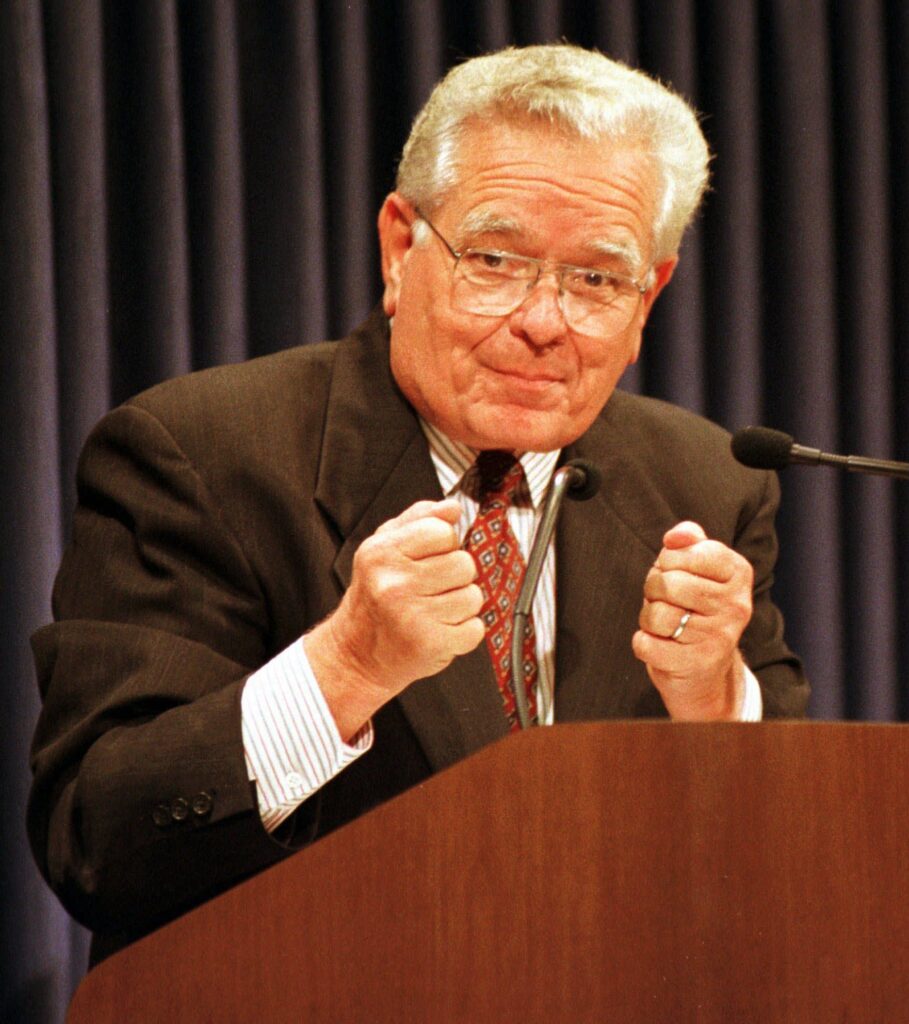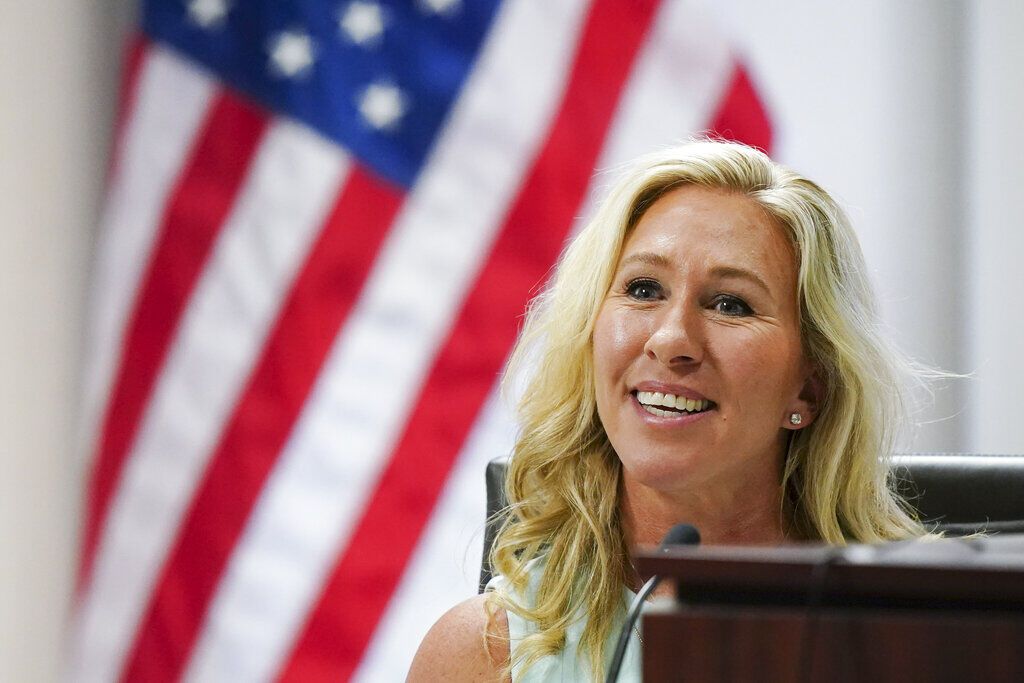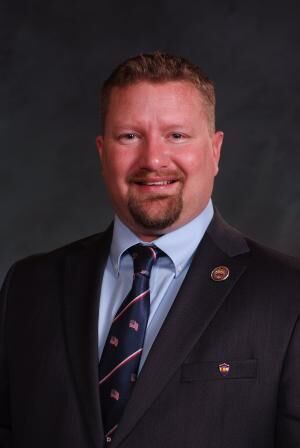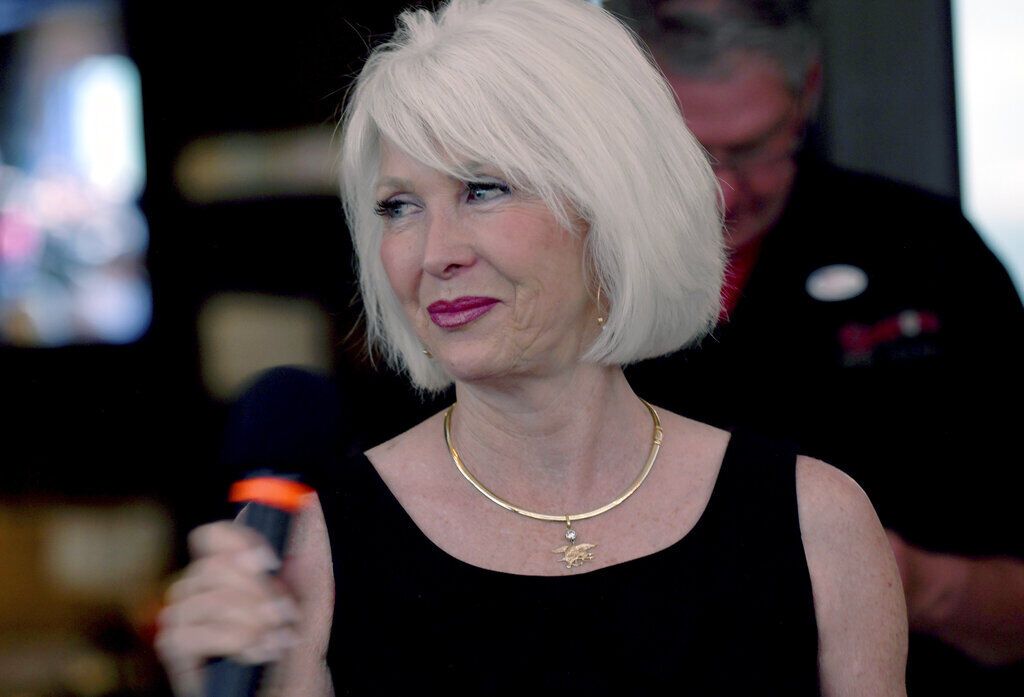Coffman plans to block feds from marijuana crackdown in Colorado by cutting off their funds
U.S. Rep. Mike Coffman says he’s planning to block Attorney General Jeff Sessions from cracking down on Colorado’s recreational marijuana industry by forbidding the federal government from spending funds in the state to enforce federal laws banning the drug.
The Aurora Republican told supporters at a fundraiser for his congressional campaign on Sunday that he disagrees with the decision by Colorado voters to legalize marijuana but intends to defend the state’s right to conduct business as it sees fit within its own borders.
“I didn’t support it. I think it was a bad decision for Colorado. But the people of Colorado made that decision. It is in our state’s constitution,” Coffman told several dozen donors at the Summit Steakhouse in Aurora gathered to celebrate his 62nd birthday.
“I believe in looking at, reading the United States Constitution, that intrastate commerce, those products and services that exist in a state and not between states, are the province of state governments,” he said. “So, I’m in the awkward position of having to defend … Colorado’s position, that it has really taken, in front of the Congress.”
Coffman is among a growing cadre of officials in the state – including his wife, Colorado Attorney General Cynthia Coffman – who say they’ll stand up to the federal government if the Trump administration threatens the state’s ability to legalize, regulate and tax recreational marijuana.
Voters in Colorado and Washington approved constitutional amendments in 2012 to legalize recreational marijuana, although federal law still classifies pot as an illegal, controlled substance. Since then, six other states and the District of Columbia have legalized the drug.
Sessions, a staunch critic of legalized pot, and other Trump administration officials have signaled that federal policy could be shifting from the permissive approach taken by the Department of Justice under the Obama administration.
“What the attorney general of the United States has said is that he’s going to become more aggressive enforcing federal law. And, so, I’m going to have to go up against him,” Coffman said.
In order to do that, Coffman said, he plans to propose an amendment to upcoming appropriations legislation cutting off funding for the kind of enforcement actions the federal government might take in Colorado.
“You can write amendments in the appropriations bill in the negative, and what you say is, ‘No federal funds will be used for x’ – to block the attorney general from coming into Colorado,” Coffman said. “So it puts me in a bad position, personally, but as a representative for this state, in a decision Colorado has made and placed in our constitution, that is a decision I have to defend.”
Coffman made it clear he wasn’t softening his position toward marijuana.
“What I will never do is impose what Colorado has done over any other state that has made that decision,” he said. “But it’s still against federal law, although I personally challenge the constitutionality of that law, even though I don’t think marijuana should be legalized, particularly for recreational purposes.”
Coffman added that he’s planning to tackle federal banking regulations that keep the marijuana industry running largely on a cash basis.
“One thing I’m working on and have been working on is the fact that federal regulations, banking regulations, do not allow these businesses to utilize any of those services,” he said. “That just makes it all worse. If you have this business that only has to be a cash business, it is more prone to criminality. It is more difficult to collect taxes when you don’t have the audit trail of a financial relationship like a bank or a credit union.”
Noting that he was returning to Washington this week for a busy legislative schedule – including consideration of the American Health Care Act, a controversial bill House Republican are considering as a replacement for the Affordable Care Act, known as Obamacare – Coffman told supporters he’ll be looking out for the state’s legalized marijuana industry while he’s at it.
“So it is what it is, and that’s the position I’ll take in Washington when I go back, in terms of working with or fighting against the actions of this administration relative to that decision Colorado has made,” he said.










